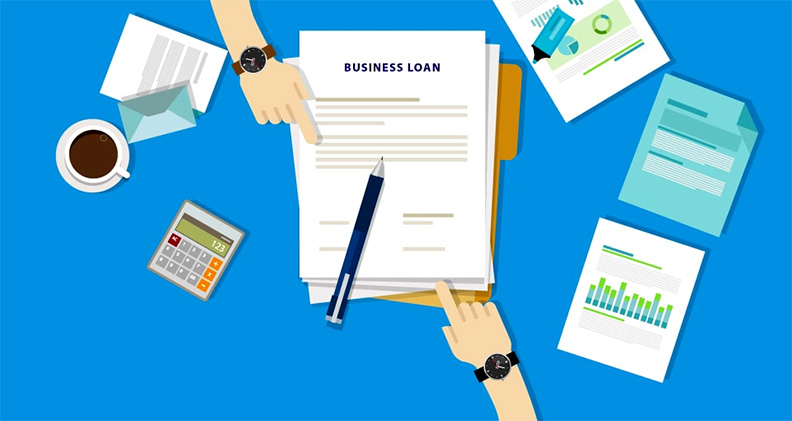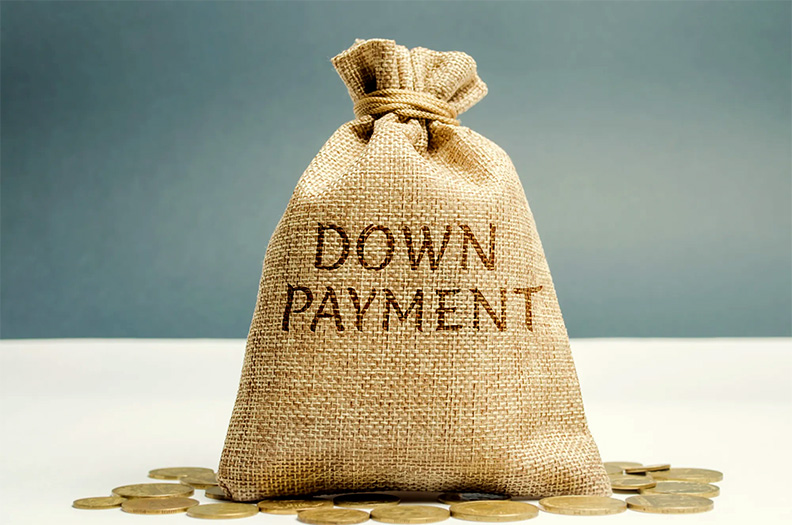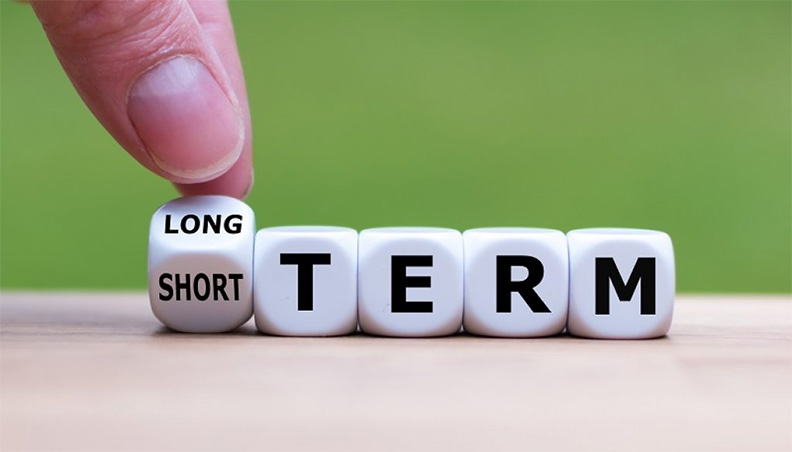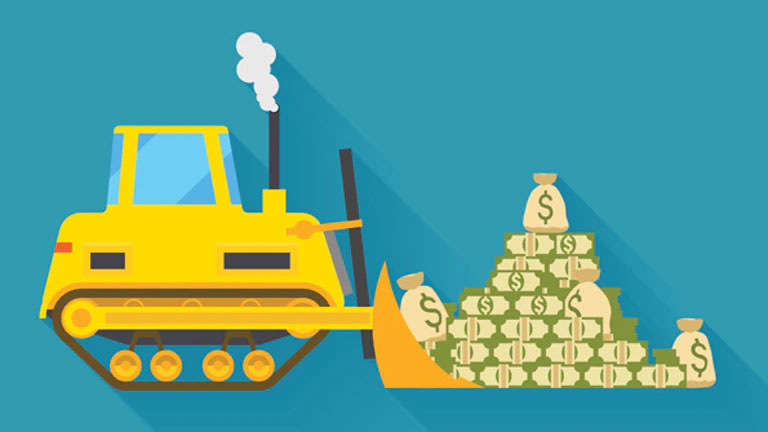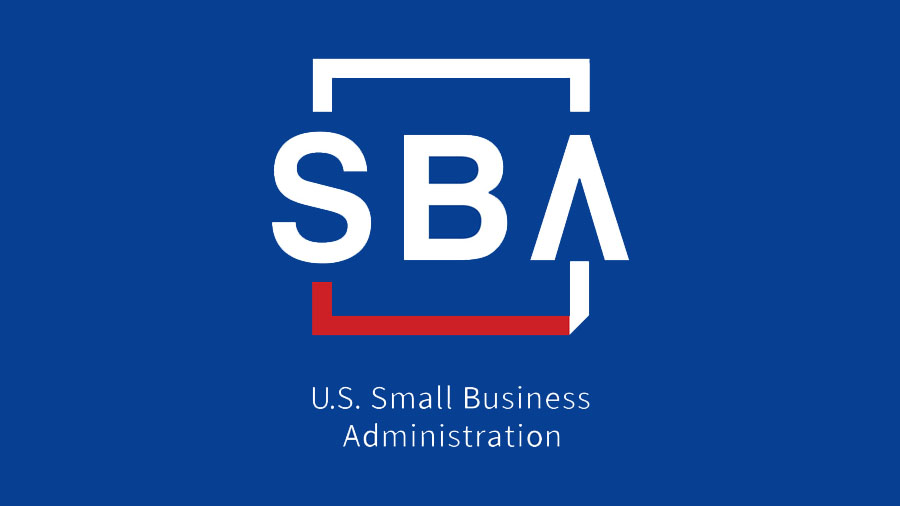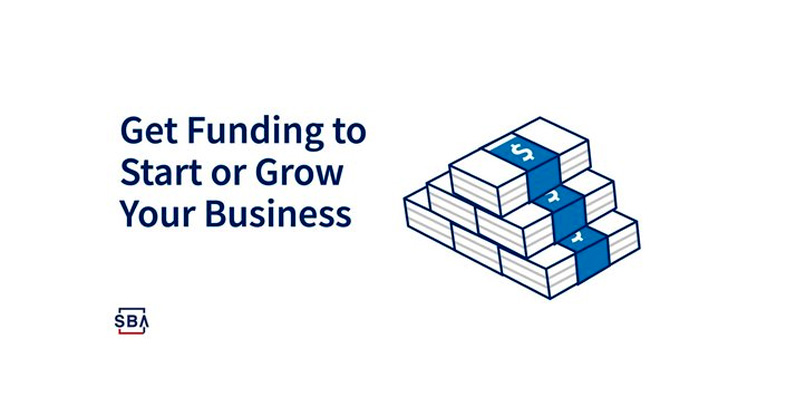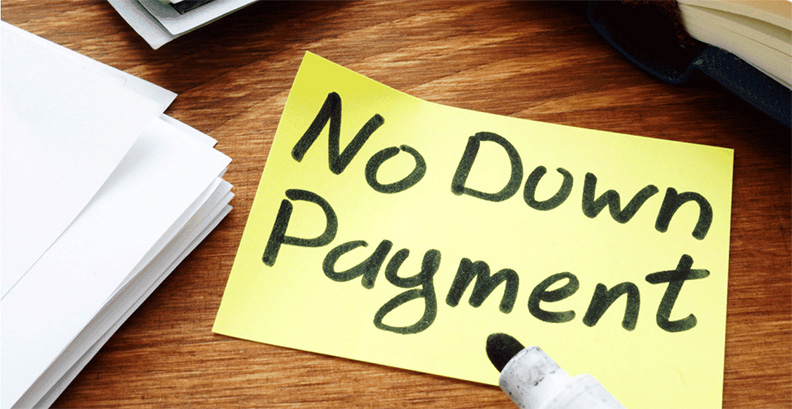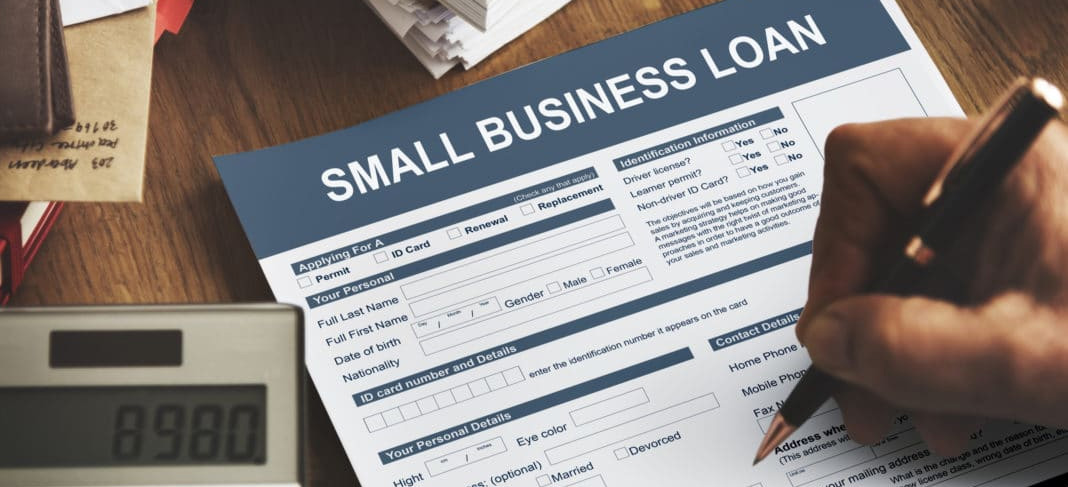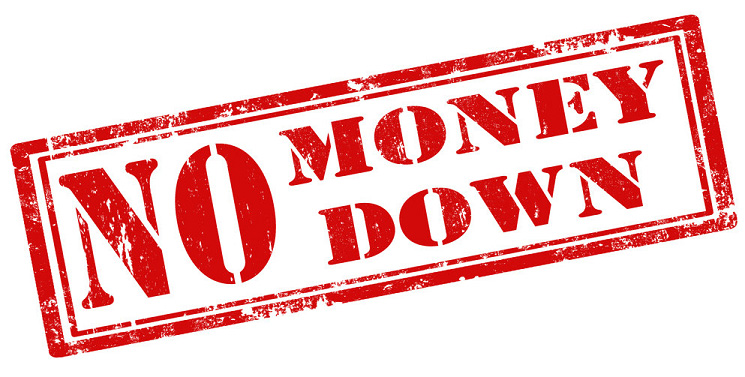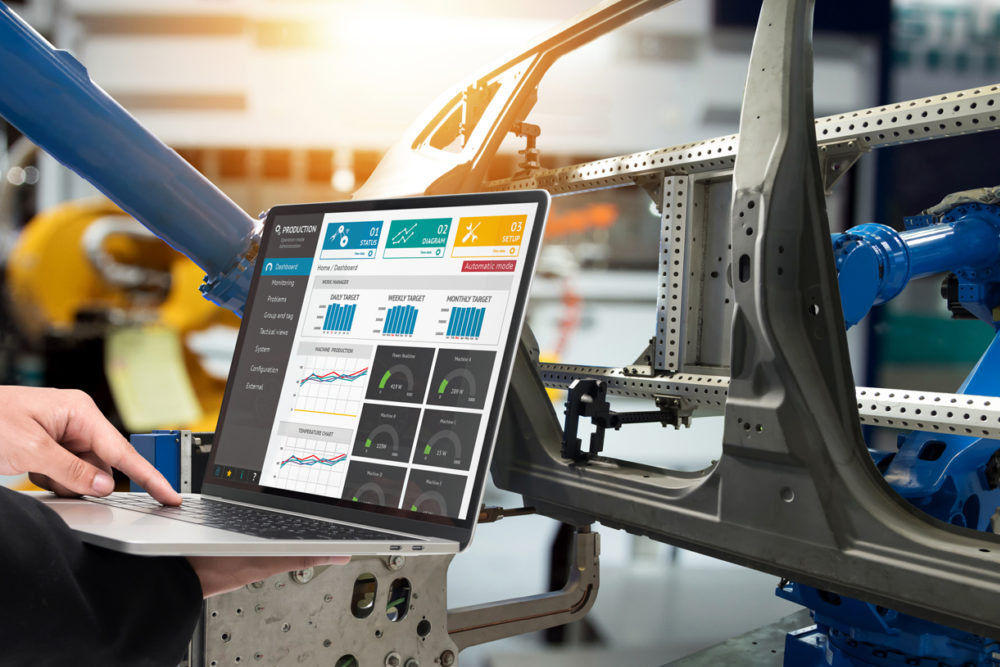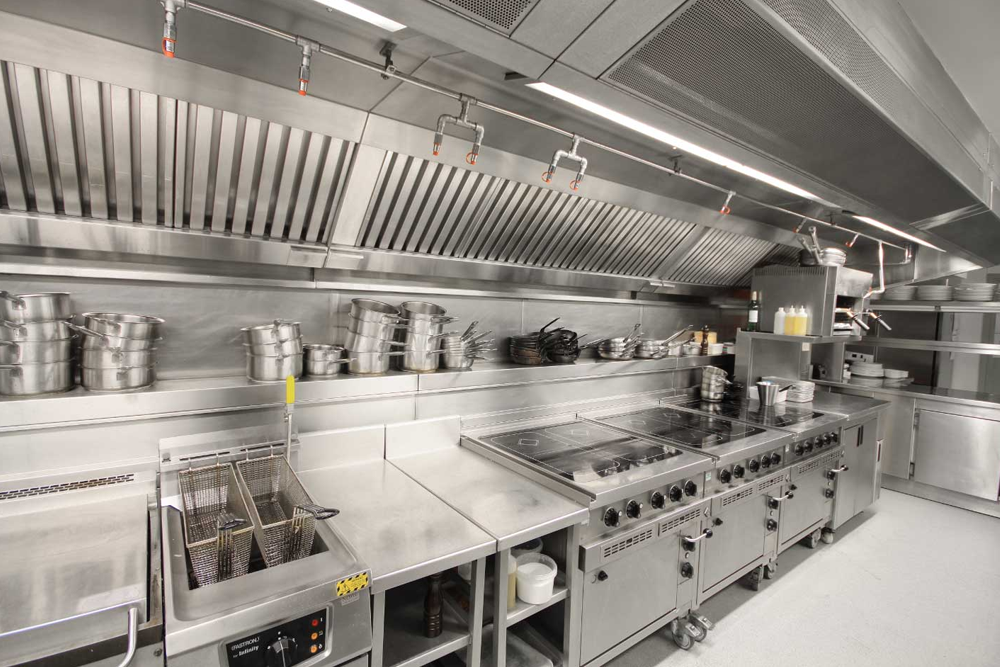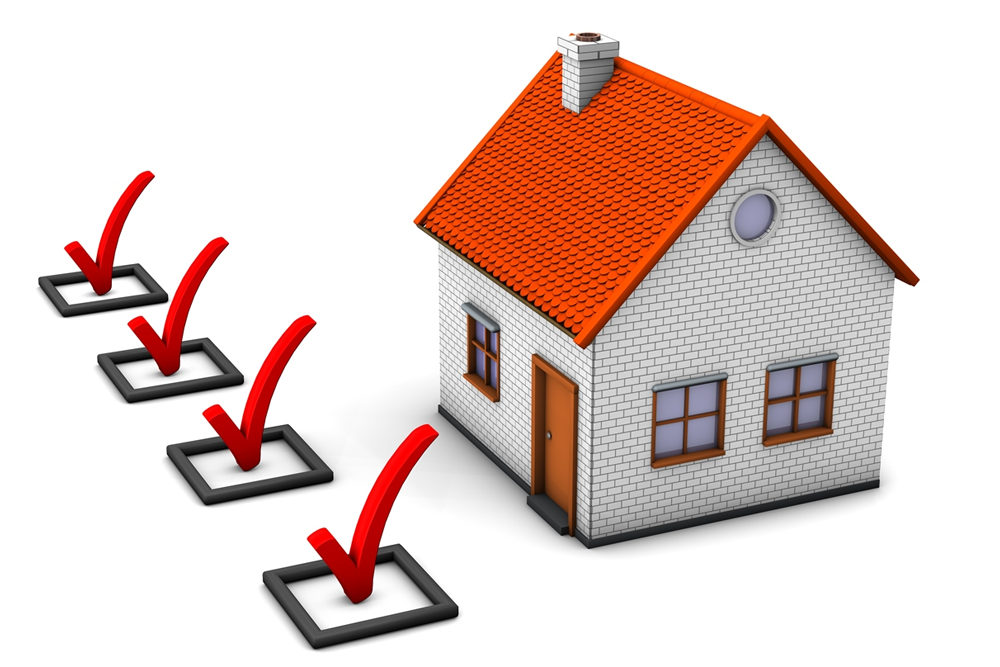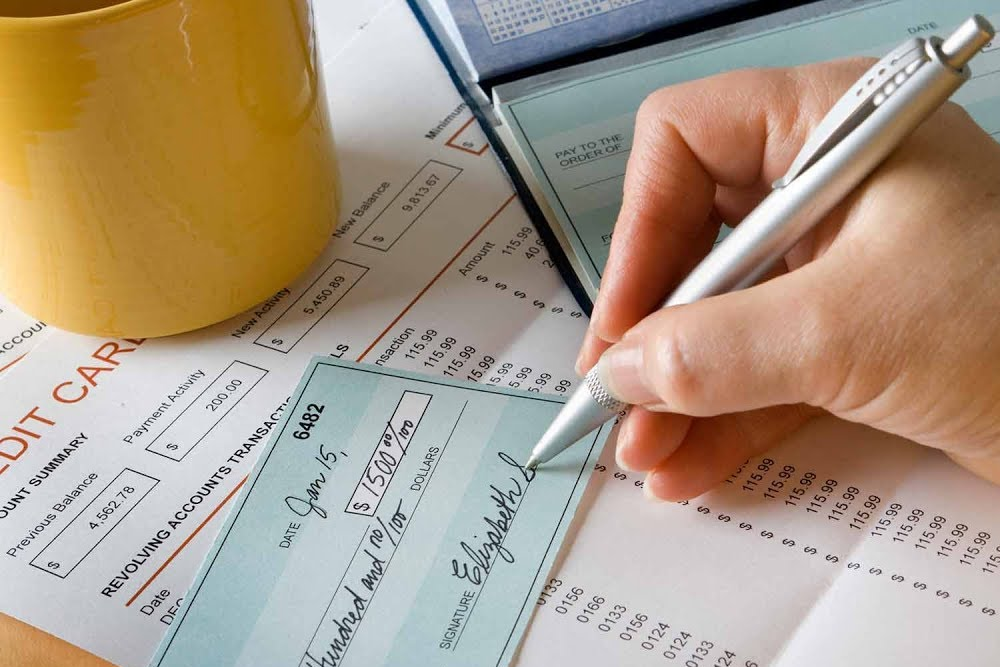Choosing the best no money down business loan for you
The search for a small business loan is motivated by many different driving factors, including getting access to cash to grow your business. If you are facing cash flow challenges, it makes sense that you’d probably opt into applying for financing. As a borrower, you might have disposable funds you don’t want to tap into to apply for a loan. Or might not have the necessary cash flow a lender requires for a business loan approval. Whatever the situation, we will look into qualifying for loans without any funds in the bank.
Table of Content:
- The Importance of a down payment on a commercial loan.
- How lenders determine down payment.
- The difference between down payments and collateral.
- The best small business loans that need no down payment.
- Buying a business with no money down.
- Down payments for commercial real estate loans.
- Circumstances that can lead to the need for a business loan with no money.
- Applying for a loan with no money down.
The Importance of a Down Payment on a Commercial Loan
Generally, when borrowing a personal loan or a commercial loan, lenders often ask for a down payment or some other type of collateral. They do this to minimize risk for the lender, as they want you to invest some of your own money before they can extend your loan. A lender will always protect themselves by; approving the requests of borrowers they are sure will pay—borrowers who are viewed as higher risk get charged higher interest rates.
How lenders determine down payment
Getting a loan with no down payment can prove difficult because it does not offer much protection to the lender. The amount of down payment you are expected to produce for a loan depends on the following factors:
The Loan Type
Certain commercial loans require a certain percentage of the total loan amount to be included as a down payment. For instance, SBA loans require a down payment of 10% – 20% of the total loan amount. While the Small Business Administration (SBA) is willing to help small businesses with less money or collateral to gain financing, they will not provide loans without equity.
The Principal Amount
In regards to a commercial loan, the principal amount has a large effect on the down payment. Larger loans are generally granted to more qualified applicants; banks will still require an investment on your end. This is because when they see large amounts, they see larger risks.
Term Length
Lenders are aware that the longer the borrower has to repay the loan, the more time they have to default. Because of this getting a long-term small business loan with no down payment is near impossible.
Creditworthiness
Your personal credit score and business credit score need to be solid. It can be challenging to secure any type of financing if you don’t have a solid credit history that shows a habit of taking on and paying off loans. Without this, applying for any significant loan with a down payment is a non-starter. If you don’t possess the required credit history or have certain factors that have led to a bad credit score, lenders will need investment on your part to extend your loan. Small business owners are encouraged to build up their business credit score to avoid having to put up too much upfront.
The differences between down payments and collateral
While unsecured business loans sound like a dream, as they require no down payments or collateral, they may not be. The terms you get on these types of business loans can be similar to those available through riskier borrowers. Lenders are aware that their loans are not secured by business assets; hence, they will require you to come up with outside collateral. Unsecured business loan collateral will entail the following:
- A blanket lien which puts your business in danger. This is because it gives the lender the power to seize any business assets to recoup their loan.
- Personal guarantee, this makes you responsible if your business defaults on a loan.
It is important to think about what type of small business loan best suits you and your business needs. Consider that secured loans will generally have longer loan terms, lower interest rates, and higher loan amounts, especially in comparison to business loans without collateral.
| Down payment | Collateral |
|
|
|
|
|
|
The best small business loans that need no down payment
It may be challenging, and you may not get the best interest rates; there are ways to get small business loans without putting a down payment. Understanding the loan types open to you will make it easier to identify which loan best serves your business needs.
Term loans
Business term loans are the most common long-term financing solution available to small businesses. One of the advantages of term loans is you don’t have to put down money to get one. Once your lender has determined your creditworthiness, they may only ask that you put up collateral by looking at your credit score and the rest of your business loan application process. Depending on the lender, you might be required to pay some upfront loan fees, for instance, an origination fee, to secure the term loan.
If you aim to purchase a large asset like real estate, that purchase might act as the collateral as you pay off the loan. The interest rate on these loan products is marginally lower than financing options.
Equipment Financing
If you are looking for funding to buy or replace a piece of equipment for your business, you may not need to put down any amount of money. Typically equipment financing can cover the full costs; this means that you can use the value of the equipment as collateral. This type of loan is less risky for business lenders since they can seize the asset in question if you end up defaulting on the loan. Note, however, that if you deal with equipment that rapidly depreciates, then the lender may opt not to fund the costs 100%.
Qualifications for equipment financing are generally more lenient, and even new businesses can secure a loan. This is because lenders know that they can confiscate the equipment in question to satisfy their loan. So if you are a new business or have yet to establish good credit, this is a good loan to make your first.
SBA Loans
The Small Business Administration (SBA) offers many financing loan programs that help small business owners secure funds if they cannot qualify for other loan options such as business term loans. The two most popular programs that offer long repayment terms and high principal amounts are the SBA 7(a) and 504 loans. These SBA-backed loans have a 90% guarantee from the government. There are some trade-offs involved with these loans, including; you must meet certain financial and business criteria.
SBA Microloans
This Small Business Administration loan is a good option for startups, certain nonprofits, community-based organizations, or businesses that do not qualify for any other SBA loans. These loans typically have amounts of up to $50,000, with no down payment required. The risk involved in getting a microloan is that they are not SBA-backed like other conventional loans. And although they do not require any type of down payment, you will be expected to secure funding by providing some type of collateral.
Invoice financing
Invoice financing/ invoice factoring/ accounts receivable financing involves selling your unpaid invoices to the lender, and they serve as your collateral. Thus, unlike other types of loans that will use fixed assets as collateral, there is no down payment required in this case. This is a sensible choice for any small business that experiences issues with cash flow due to waiting on customer payment and have long payment cycles. Invoice financing is a good source of working capital in between payments.
A business line of credit
Business lines of credit are not considered conventional means of refinancing; they are a good alternative if you don’t have collateral or the funds for a down payment. Lines of credit function as a type of revolving financing and act similarly to business credit cards. The following is what to expect with a business line of credit:
- Once you have gotten a loan approval, you are provided with a pool of funds from which you can borrow against. When you require funds, you simply need to transfer them to your business checking account.
- After you draw money, you are required to start making monthly payments to the lender. This is to cover the amount you have borrowed; the interest charged will only apply to the amount you have borrowed. Any extra payment made on your part goes to your loan balance.
- In paying back your line of credit, the available funds you can draw from builds back up. You can then borrow against that line of credit, this process doesn’t require the borrower to reapply, and you are not required to pay above the interest you owe.
Buying a business with no money down business loans
In most cases, choosing to buy a business without the necessary cash flow to make a down payment is unrealistic. These transactions are risky for banks and other lenders that offer amounts high enough to purchase businesses. Because of the associated risk, they will usually ask for a 10% to 20% down payment. The following are ways to find a no money down business acquisition loan:
Leveraged Buyouts
This is using the assets of your business or your assets for collateral. The only requirement is that the value of your asset must be worth more than that of the total loan amount. This can be very challenging to achieve in certain industries.
Seller financing
Seller financing is a possibility if you are buying a business from; a family member or friend, buying a business in trouble, or buying from someone who has had trouble selling their business. The business seller would have to be willing to finance 100% of the selling price; this is very uncommon, however.
Alternatively, if the seller is in a desperate situation, they may be willing to work with you and your lender. They would then opt to add on whatever percentage your lender is unwilling to finance. In this case, you end up making several large repayments every month, but you have gotten to buy a business with no upfront cash.
Down payments for commercial real estate
Small business owners may question how to get a mortgage, especially when it needs a hefty down payment. In some instances, no money down business loans can help a borrower cover the upfront costs. It is unlikely that they will cover the total asking price; the following are some of the loans you can use to obtain a down payment:
- Business lines of credit
- Microloans
- Short term loans
- Merchant Cash Advances
Depending on your lender, you may not get loan approvals for both types of funding in the span that you need them.
Circumstances that can lead to the need for a business loan with no money
Before we can outline how you can get a business loan with no money, let’s first look at some of the causes of a low or zero balance in your business bank account:
- There are many types of businesses that work on a contract basis: trucking, consulting, and construction. Sometimes you are required to wait for weeks or months to receive your payments. However, as you wait, you must go on to the project. Until you get paid, the business is still incurring expenses that must be seen to; this leads to funds shrinking instead of growing.
- When a business is first started, the resources utilized are likely startup-sized. However, for your business to grow, you can not use the same small pool of resources. Bigger businesses need bigger pools of resources to thrive. With the help of a loan, you can replenish your inventory, employ more workers, even open more facilities. Business owners are encouraged when drawing up a business plan to factor in the inevitable business growth.
- Your personal and business finances have mixed. Financial advisors recommend that you separate your personal and business finances. Depending on your industry, lifestyle, and other factors, it can be difficult to determine how much of your profits should stay in your business. Your personal and business cash flow must be distinct, no matter how difficult that may be. Thus, it is important to have a plan on how funds are used. A good business bank account should never have insufficient funds; thus, it is important to either set up a savings account or leave some money in a business checking account.
Applying for business loans with no money down
If you are interested in a no money down loan, consider the following choices first:
- Term loans
- Business lines of credit
- Invoice financing
- SBA Microloans
- Equipment loans
Although equipment loans may not require down payments if the lender agrees to front you with all the cash you need, this is not usually the case. Chances are they’ll fund closer to 80% of the needed costs, leaving you to pay 20%. The loans mentioned above are available through traditional/commercial banks, community banks, credit unions, online lenders, financing companies, peer-to-peer lending, or alternative lenders.
If none of the loans above is a viable option for you, consider getting a business credit card with no annual fee. Business credit cards are a cheaper small business financing solution if you don’t subject yourself to high APRs or carry a balance from month to month. There are also other types of small business loans that may better suit you.
Kind in mind, though, that every lender will have its system of vetting borrowers even without a down payment requirement. Accompanied by a contingency plan in case you default on a loan. Ultimately the best loan is that which you can afford and adequately meets your business needs.

